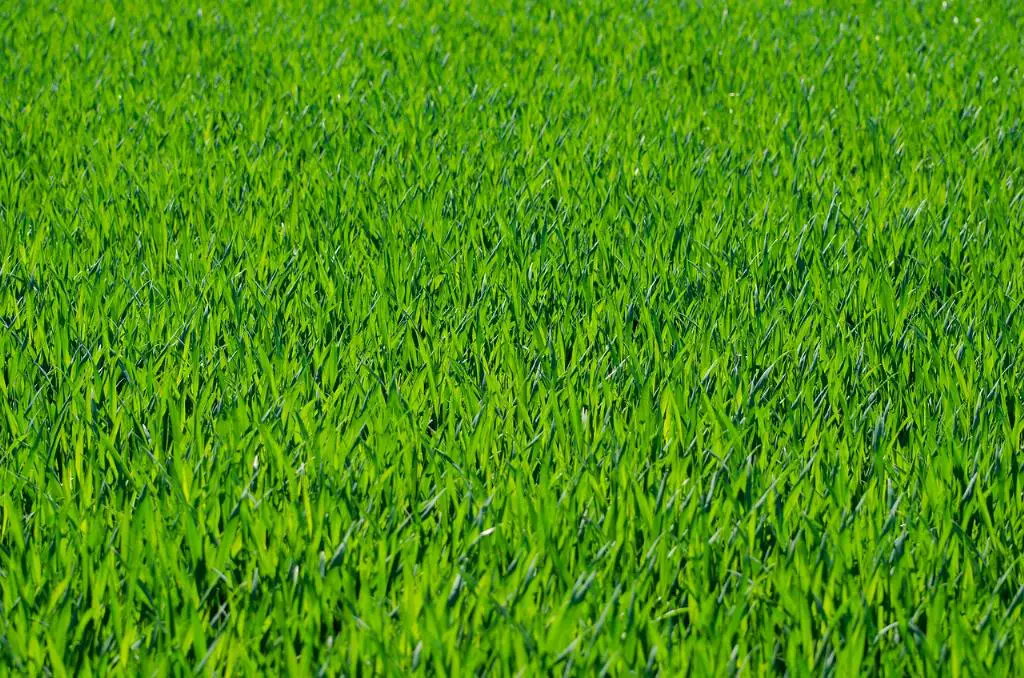Leaving leaves on your lawn may seem like a daunting task as fall rolls around and the trees shed their colorful foliage. However, there are many benefits to allowing those leaves to remain on your lawn rather than breaking out the rake and removing them. Let’s delve into why leaving leaves on your lawn can actually be a good thing for your yard’s health.
First and foremost, the fallen leaves provide a valuable source of nutrition for your lawn. As the leaves break down, they release essential nutrients such as nitrogen back into the soil. This natural fertilization process can help promote healthier grass growth and a greener lawn in the long run.
Additionally, leaving leaves on your lawn can act as a protective barrier for your grass’s root systems. The layer of leaves helps insulate the soil, keeping it warmer during the colder months and protecting the delicate roots from frost and freezing temperatures.
Moreover, the leaves act as a natural mulch, helping to retain moisture in the soil. This can be especially beneficial during dry spells or drought conditions, as the mulch layer helps prevent the soil from drying out too quickly and keeps your grass hydrated and healthy.
Another advantage of leaving leaves on your lawn is that they can smother weeds and prevent their growth. The layer of leaves blocks out sunlight, making it harder for weeds to germinate and thrive in your lawn. This can reduce the need for chemical weed control methods and promote a more natural approach to lawn care.
Furthermore, leaving leaves on your lawn can benefit the overall ecosystem in your yard. As the leaves decompose, they provide a habitat for beneficial insects, earthworms, and microorganisms. This biodiversity can help improve soil health and promote a balanced ecosystem in your lawn.
Not to mention, leaving leaves on your lawn is a time-saving practice. Instead of spending hours raking and bagging leaves, you can simply mow over them with a mulching mower to shred the leaves into smaller pieces. These shredded leaves will break down more quickly, providing nutrients to the soil and reducing the need for extra yard work.
It is important to note that while leaving leaves on your lawn can be beneficial, there are some considerations to keep in mind. For instance, you should avoid leaving thick layers of leaves on your lawn as this can smother the grass and promote disease. It is recommended to mow the leaves regularly to break them down into smaller pieces.
Additionally, if you have a large yard with many trees, leaving all the leaves may not be practical. In such cases, you can still benefit from leaving some leaves on your lawn and composting or mulching the rest for use in your garden or flower beds.
In conclusion, leaving leaves on your lawn can be a positive practice for both your yard’s health and the environment. By allowing the leaves to naturally decompose on your lawn, you can promote soil health, provide nutrients to your grass, and create a more sustainable approach to lawn care. So, next time you consider raking up those fallen leaves, think about the benefits of leaving them on your lawn instead.

